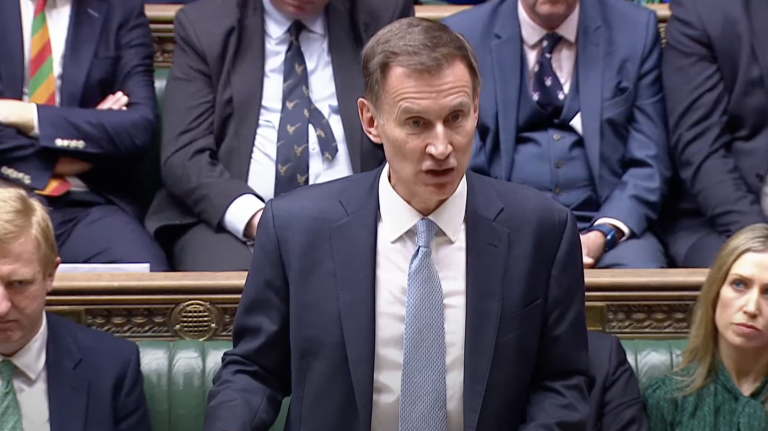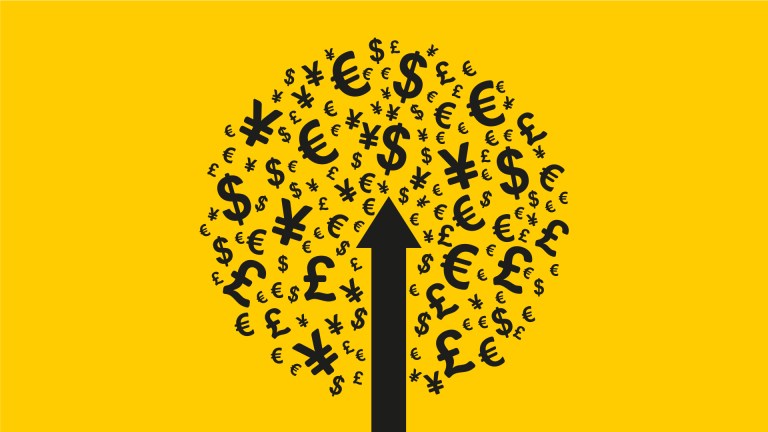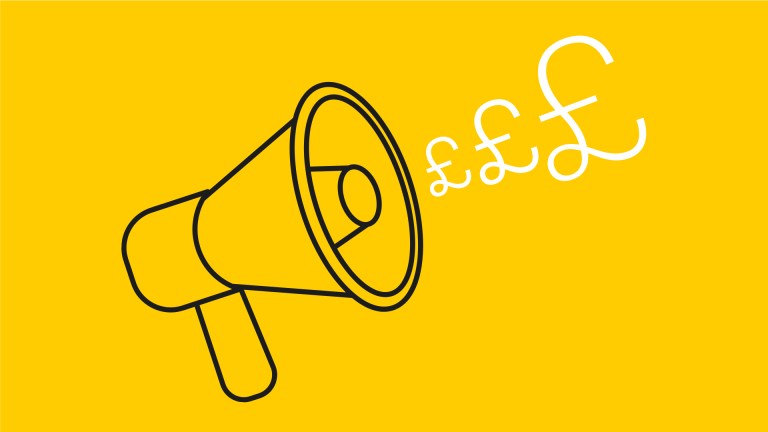It appears 2023 is going to be a bumper year for switching bank accounts. Almost a million switches have already been recorded this year by the Current Account Switch Service, which launched 10 years ago to take the hassle out of moving providers. If you are thinking about moving your money, it’s important to look carefully and find the best provider for you.
While the obvious route could be to pick the provider that promises the most financially, there are other crucial factors to consider. To encourage people to switch, some banks offer a ‘cash bonus’ or short-term high rates. These incentives, while attractive, often divert our focus from factors like ethics,
sustainability, customer service or excessive overdraft charges that can trap people in debt. Perhaps many banks hope you won’t look any deeper.
The money you place in your bank account isn’t just kept safe (though that is an important function of a bank); it is leveraged to make investments. Unless you’ve chosen a provider that offers complete transparency in every loan and investment they make, it can be difficult to know how it is being used. The lack of transparency from many banks hides the fact that they could invest in arms, tobacco, new fossil fuel extraction and all manner of dirty sectors that many of us would not want to actively support.
Get the latest news and insight into how the Big Issue magazine is made by signing up for the Inside Big Issue newsletter
Transparency also applies to fees and charges. Fairer Finance provides rankings of banks and building societies based on their customer experiences and considers factors like trust. They might have sustainability policies on their websites, but can you trust them to follow through? We all have a role to play in this; after all, it is our money that is held by banks and asset managers.
We commissioned a piece of independent research with the general public recently that showed 83% of those who feel anxious about the climate crisis are taking action to reduce this feeling. When it comes to tackling these issues, collective action can be a great catalyst to bring about meaningful change to the political, societal and economic status quo.









